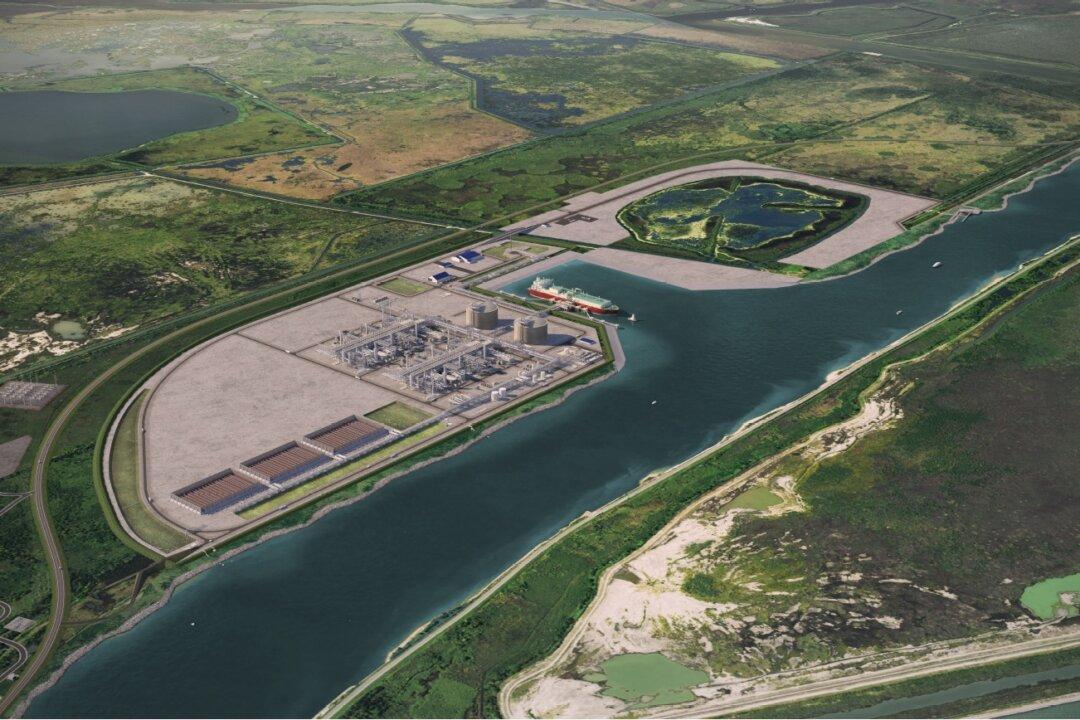The impacts of President Joe Biden’s LNG export permit freeze has reverberated across the nation’s oil/gas industry. But nowhere are its impacts felt more acutely than in southeast Texas, where as many as 24 job-generating petrochemical infrastructure projects, including several already under way, are now in limbo.
The uncertainty fostered by the Biden administration’s Jan. 26 implementation of a “temporary pause” in LNG export permits most notably threatens to derail economic development in Port Arthur and Beaumont, two port cities where billions in planned job-generating investments by private industries have been tailored to benefit local residents and redress long standing community environmental concerns.





